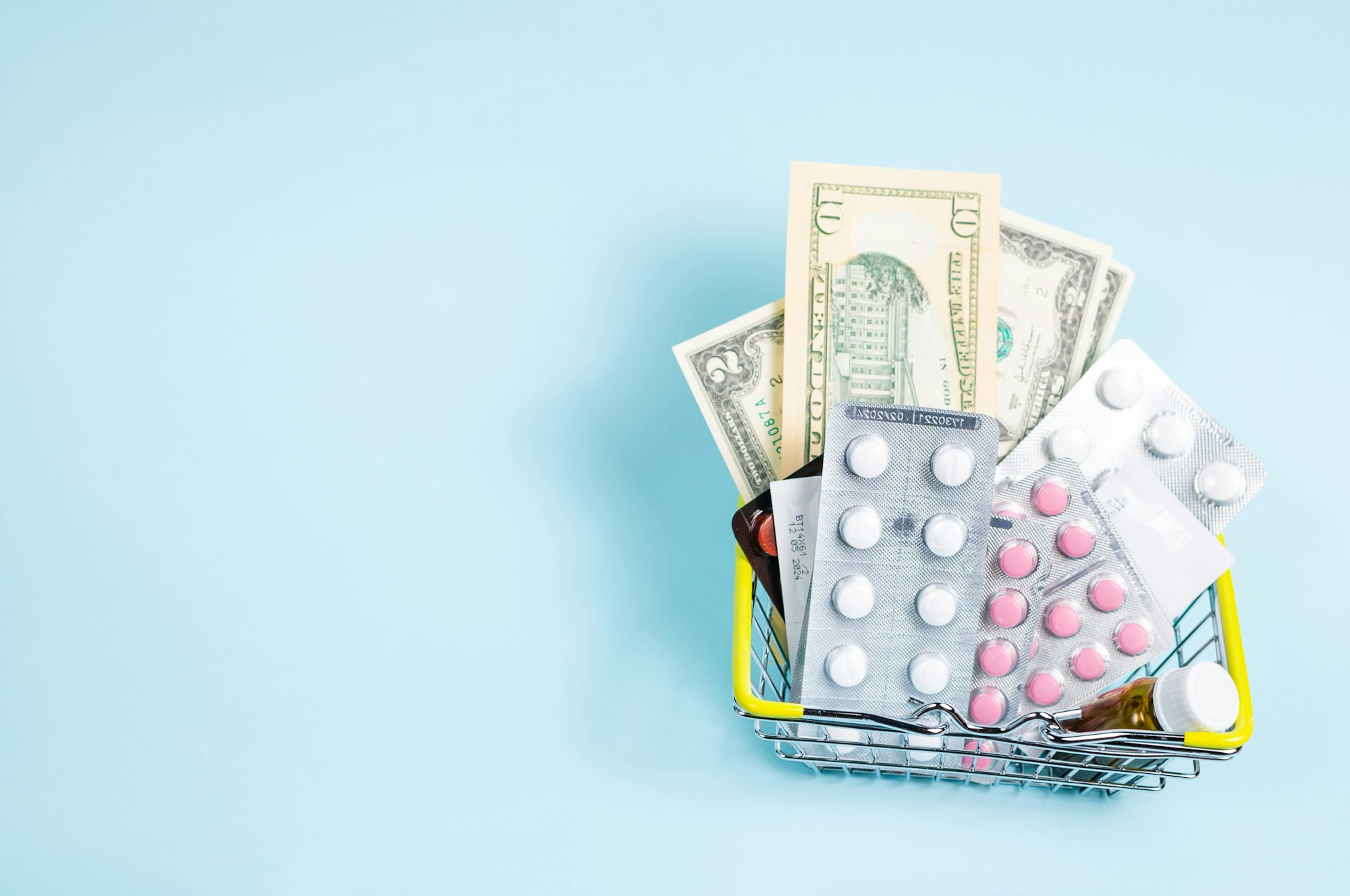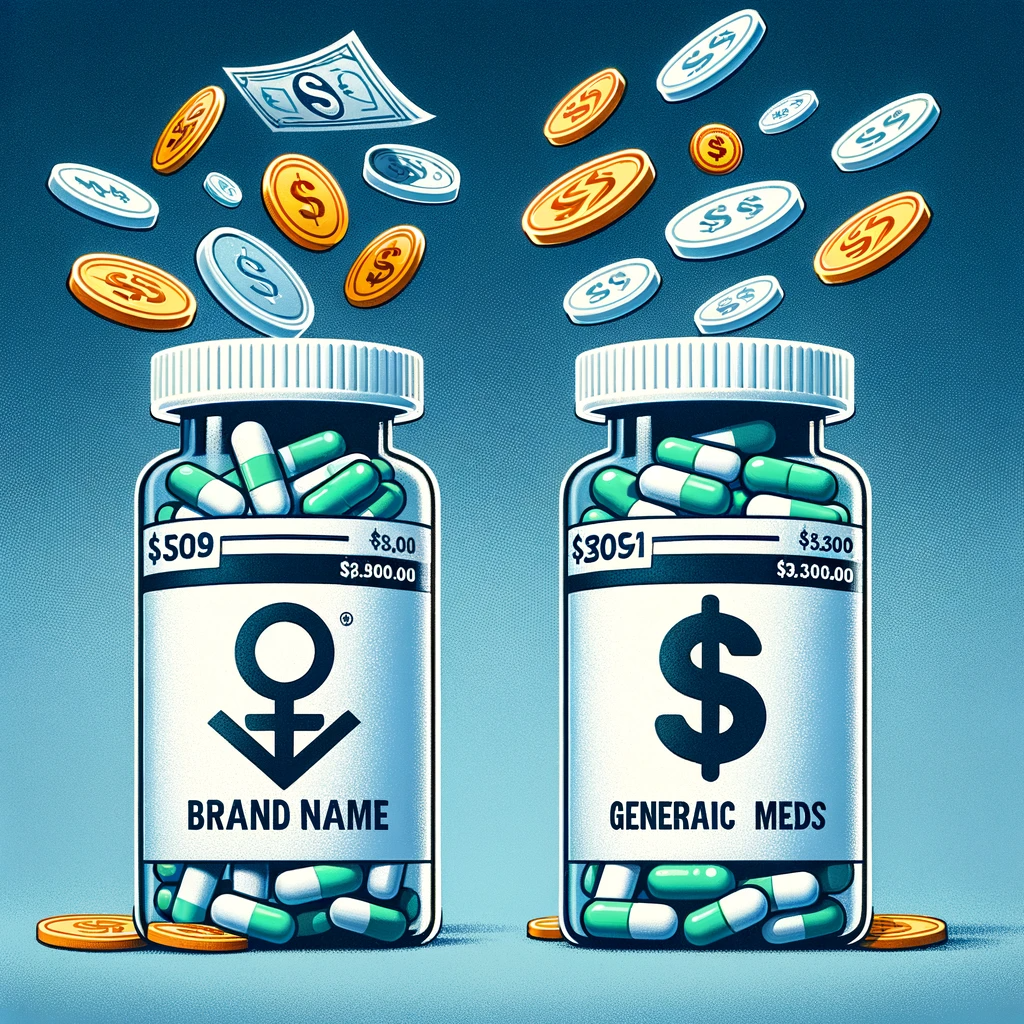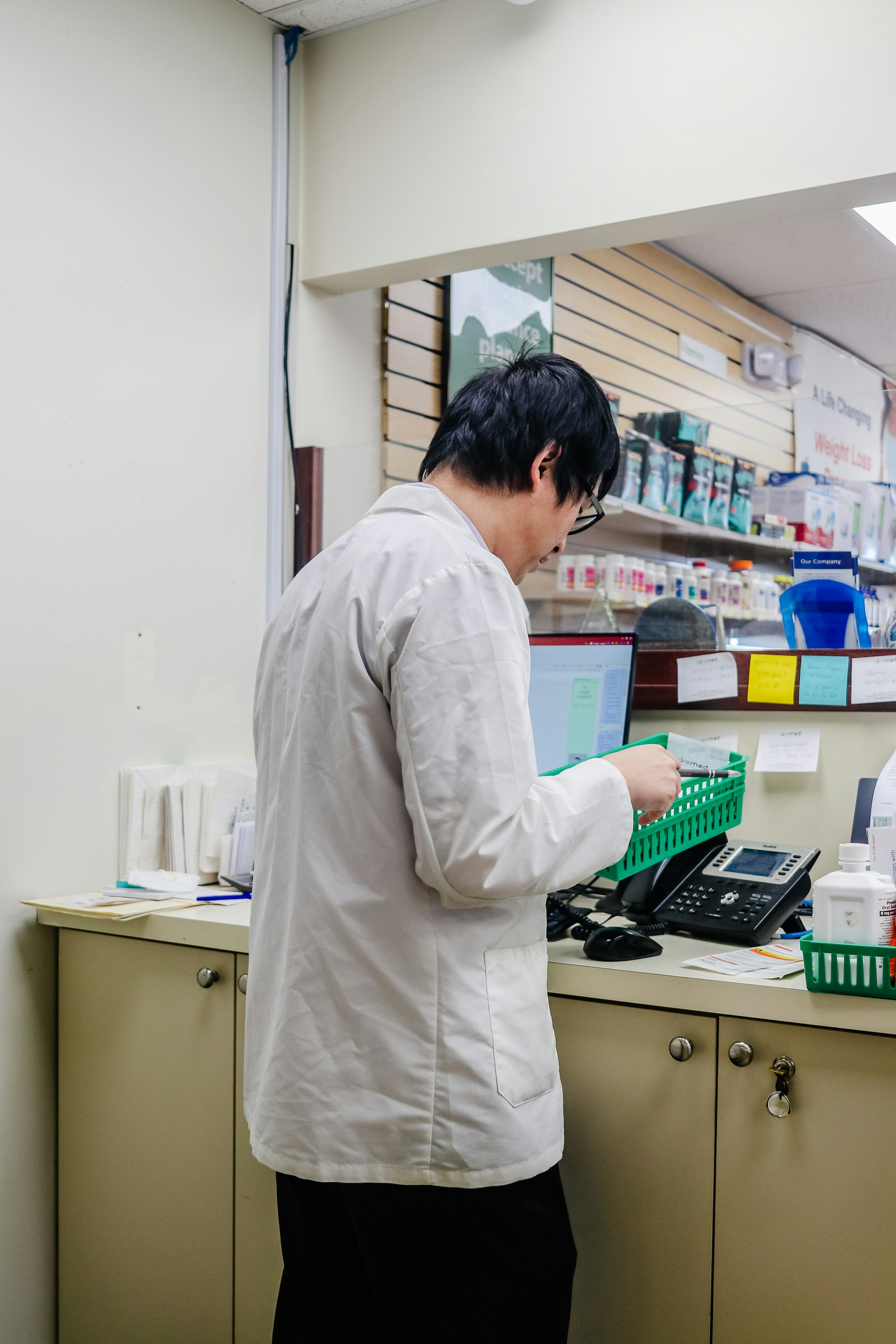Maximizing Health Savings: How to Get Generic Drugs for Free and Understand Their Benefits
Explore cost-saving strategies in "Maximizing Health Savings," an article detailing how to access free generic drugs and their benefits. It covers FDA roles, MyFreePharmacyPlan.org, and the impact of patents, offering essential insights into affordable healthcare.

Introduction to Generic Drugs
In the world of healthcare and medication, generic drugs have become a cornerstone, offering affordable alternatives to brand name drugs. Understanding generic medications, from their development to their impact on total drug costs, is crucial for both healthcare providers and patients. This article explores the realm of generic drugs, emphasizing their safety, effectiveness, and role in reducing healthcare expenses, including how MyFreePharmacyPlan.org can provide free generic medications delivered directly to your door.
What Are Generic Drugs?
Generic drugs are essentially replicas of brand name drugs, made available after the original drug's patent protection expires. These medications contain the same active ingredients, dosage form, and route of administration as their brand name counterparts, but are typically sold at substantially lower prices. Generic drugs are approved by the Food and Drug Administration (FDA) and must meet the same rigorous standards as the original brand name product.
Efficacy and Safety:
Generic medicines are required to have the same therapeutic effect and performance characteristics as their brand name counterparts. This means they must deliver the same amount of active ingredients to the patient’s bloodstream within the same time frame as the original drug. The FDA's drug evaluation process ensures that generics are just as safe and effective as brand name drugs.
Role of the FDA:
The FDA plays a critical role in regulating and overseeing the production of generic drugs. Apart from ensuring bioequivalence, the administration mandates that generic drug manufacturers follow good manufacturing practices. This oversight includes monitoring the purity, strength, and stability of the drugs, as well as the manufacturing process.

Cost Benefits:
One of the most significant advantages of generic drugs is their cost-effectiveness. Generic versions typically cost less than brand name drugs, primarily because generic drug companies do not have the same development costs as innovators of new drugs. These lower costs can lead to significant reductions in total drug costs for both patients and the healthcare system.
Generic Drug Manufacturers:
Generic drug manufacturers play a pivotal role in the pharmaceutical industry. Once the patent of a brand name drug expires, these companies can start selling their generic versions. The entry of generic competition into the market often leads to lower prices for patients, as multiple companies can produce and sell the generic medicine.
Patents and Trademark Laws in the Pharmaceutical Industry
In the pharmaceutical sector, patents and trademark laws are foundational elements that protect the interests of drug developers and maintain the integrity of the drug market. They play a crucial role in the life cycle of medications, particularly concerning the transition from brand name drugs to generic drugs. Here's an expanded look at how these laws operate.

Patent Protection for Brand Name Drugs:
Duration and Purpose:
The patent on a brand name drug typically lasts for 20 years from the date of filing, although the effective period of market exclusivity can be shorter due to the time taken in drug development and FDA approval. The primary purpose of a patent is to protect the pharmaceutical company’s investment in research and development. It grants the company exclusive rights to sell the drug, thereby enabling it to recover the costs incurred in developing the new drug, which often involves significant financial investment.
Innovation Incentive:
Patents serve as an incentive for pharmaceutical companies to invest in new and innovative drugs. Knowing they will have a period of market exclusivity where they can earn back their investment and potentially profit, companies are more likely to invest in the costly and risky process of drug development.
Impact on Drug Prices:
During the patent period, the absence of competition allows the innovator company to set higher prices for the brand name drug. These higher prices are a subject of frequent debate, especially when they limit patient access to essential medications.
Trademark Laws and Generic Drugs:
Protection of Brand Identity:
While patents protect the functional aspects of a drug (like its formula or the method of manufacturing), trademark laws protect the drug's brand identity. This includes the drug’s name, color, shape, and packaging. Trademarks can last indefinitely as long as they are in use and continue to be distinctive.
Differentiation Requirement:
Generic drug manufacturers are required to ensure that their products do not infringe on the trademarked aspects of the brand name drug. This means that while generic drugs must be bioequivalent to the brand name drugs in terms of active ingredients and effectiveness, they often differ in appearance and packaging. These differences help prevent consumer confusion and protect the brand’s identity, while still allowing generics to compete in the market based on price and quality.
Balancing Interests:
The interplay of patents and trademark laws in the pharmaceutical industry is a balancing act. It involves protecting the interests of drug innovators while ensuring that, once patent protections expire, other manufacturers can produce generic versions of the drug, increasing market competition and making medications more affordable for consumers.
Patents and trademark laws in the pharmaceutical industry are critical in fostering drug innovation and ensuring market competition. While they provide necessary protections to brand name drug manufacturers, they also pave the way for the entry of generic drugs, which play a vital role in making healthcare more accessible and affordable once patent protections expire.
Active Ingredients and Inactive Ingredients:
Generic drugs must contain the same active pharmaceutical ingredients as the brand name drug. However, they may have different inactive ingredients, such as fillers or coloring agents. These differences do not affect the efficacy or safety of the medication.

Prescriptions and Pharmacist's Role:
Doctors often prescribe generic drugs as a cost-effective alternative to brand name medications. Pharmacists also play a crucial role in educating patients about the benefits and effectiveness of generic medicines, helping to dispel any misconceptions about their quality.
Introducing MyFreePharmacyPlan.org: Access to Free Generic Medications
MyFreePharmacyPlan.org offers an innovative solution by providing free generic medications sent directly to patients' doors. This program aims to reduce the financial burden of prescription drugs, making it easier for individuals to access the medications they need. By offering generic drugs at no cost, MyFreePharmacyPlan.org enhances medication accessibility and adherence, particularly for those who may struggle with the cost of prescriptions.
Impact on Healthcare Costs:
The introduction of generic drugs creates competition in the market, which can substantially lower drug prices. This competition not only benefits patients but also helps reduce overall healthcare spending. Generic drugs provide a viable option for patients and healthcare providers looking to manage costs without compromising on quality or effectiveness.
Understanding Bioequivalence Data:
Bioequivalence data are critical in the FDA’s approval process for generic drugs. This data ensures that the generic version performs the same as the original drug in terms of absorption and effect. The FDA requires rigorous testing to establish this equivalence before approving a generic drug.
Conclusion:
Generic drugs offer a safe, effective, and cost-efficient alternative to brand name medications, playing a vital role in making healthcare more accessible and affordable. The rigorous FDA approval process, combined with programs like MyFreePharmacyPlan.org, ensures that patients have access to essential medications at little to no cost, contributing significantly to reducing healthcare expenses and improving public health outcomes.
Please note that some of the links on our site are affiliate links. This means that if you click on the link and make a purchase, we may receive a commission at no extra cost to you. We recommend these products because of their quality and not because of the commission we receive from your purchases. The decision is yours, and whether or not you decide to buy something is completely up to you.
